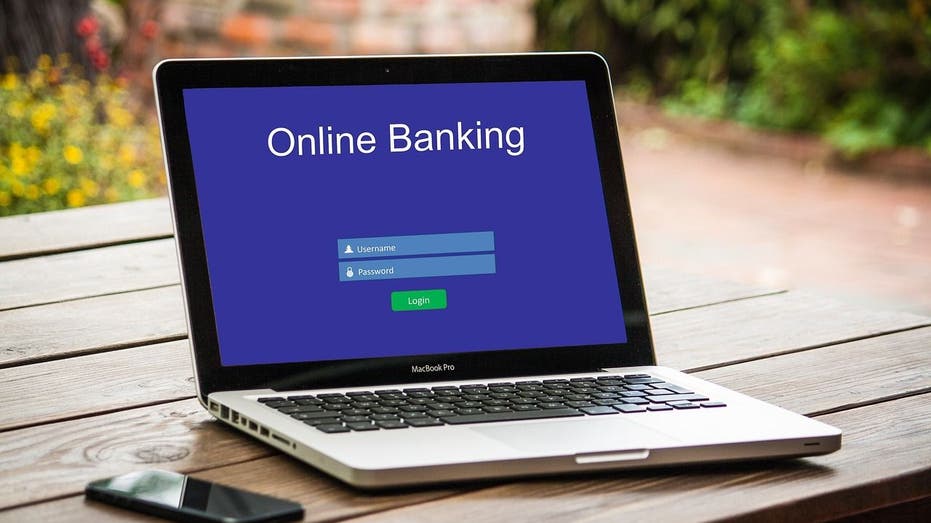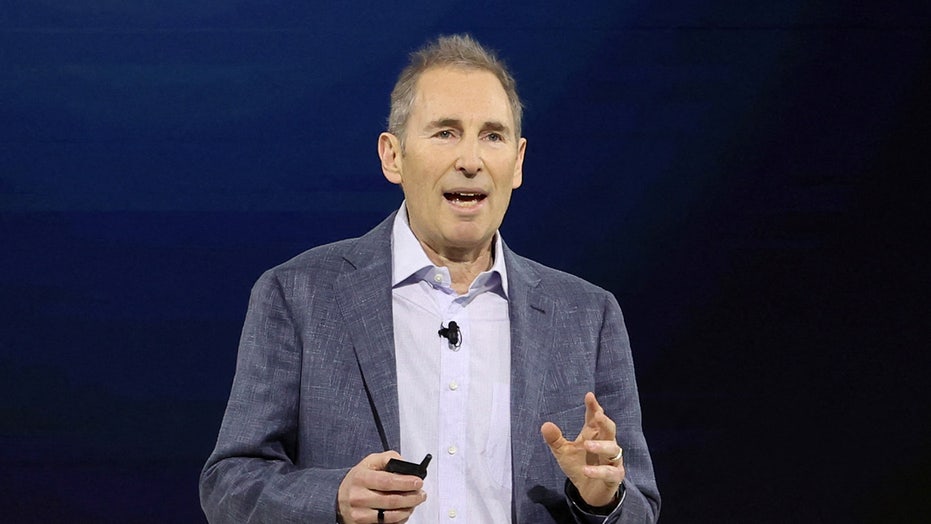How Secure Is Your Password, Really? Here’s the Reality Check You Need

Sarah Johnson
April 26, 2025
Brief
The RockYou2024 password leak exposed nearly 10 billion passwords, highlighting the urgent need for strong, unique passwords and password managers to protect against cyber threats.
Nearly 10 billion passwords were exposed in the RockYou2024 leak last July – a digital disaster still casting a long shadow over our online lives. This was the biggest password dump ever, and as those breached credentials circulate, the threat of identity theft, credential stuffing, and account hijacking just keeps growing. If you’re still reusing passwords in 2025, well, you might as well leave your front door wide open with a sign that says “Come on in!”
So, how safe is your password? It’s not an idle question. Weak or recycled passwords are a hacker’s best friend, and with modern cracking tools, many of the most common passwords are broken in seconds. If a company you use is breached and your password leaks, attackers often try it everywhere else – and suddenly, your whole digital life is up for grabs.
Your best defense? Strong passwords for every account. Long, complex, and unique passwords dramatically raise the bar for anyone trying to break in. Think of a weak password like using the same key for your house, car, and office – and then hiding it under your doormat. A strong one? It’s a custom-made, high-security key for every lock you own.
Here’s a quick password strength test to see where you stand. Give yourself a point for every “yes”:
- Is your password at least 12 characters long?
- Do you mix uppercase and lowercase letters?
- Do you include numbers?
- Do you use special symbols like !, @, or #?
- Is every password unique – never reused?
- Is it free from personal info (like your name, birthday, or pet’s name)?
- Do you update passwords regularly, especially after a breach?
If you didn’t score a perfect seven, you’re not alone. Most people struggle to keep passwords both strong and memorable. But with billions of credentials out there for the taking, even one weak spot can be a golden ticket for cybercriminals.
Let’s be honest: forging a 12-character, mixed-symbol, random password for every account is a brain-busting chore. And remembering them? Please. That’s where password managers come in. They generate, store, and autofill strong passwords for you – no need to rely on “Fluffy1990” for every site you visit. These digital safes organize your logins, keep them encrypted, and even alert you if a breach puts your info at risk.
The biggest takeaway: Don’t settle for weak or recycled passwords. Whether you craft your own or use a tool, boosting your password strength is one of the absolute easiest ways to stay safe online. Toss in two-factor authentication when you can, and you’re way ahead of the average internet user.
With data breaches becoming almost routine, password security isn’t a one-and-done job. It’s an ongoing process. Prioritizing strong, unique passwords and using smart tools to manage them can seriously lower your risk – and keep your digital life locked down tight.
Topics
Editor's Comments
Honestly, if you’re still using “password123”, you might as well hide your house key under a neon welcome mat. I do wonder if hackers have a bingo card for how many times they see “Fluffy1990” or people’s birth dates. At this point, password managers should come with a free therapist for all the stress they save us.
Like this article? Share it with your friends!
If you find this article interesting, feel free to share it with your friends!
Thank you for your support! Sharing is the greatest encouragement for us.



